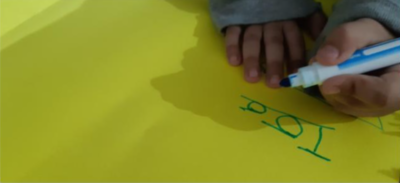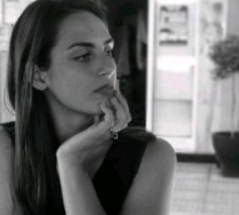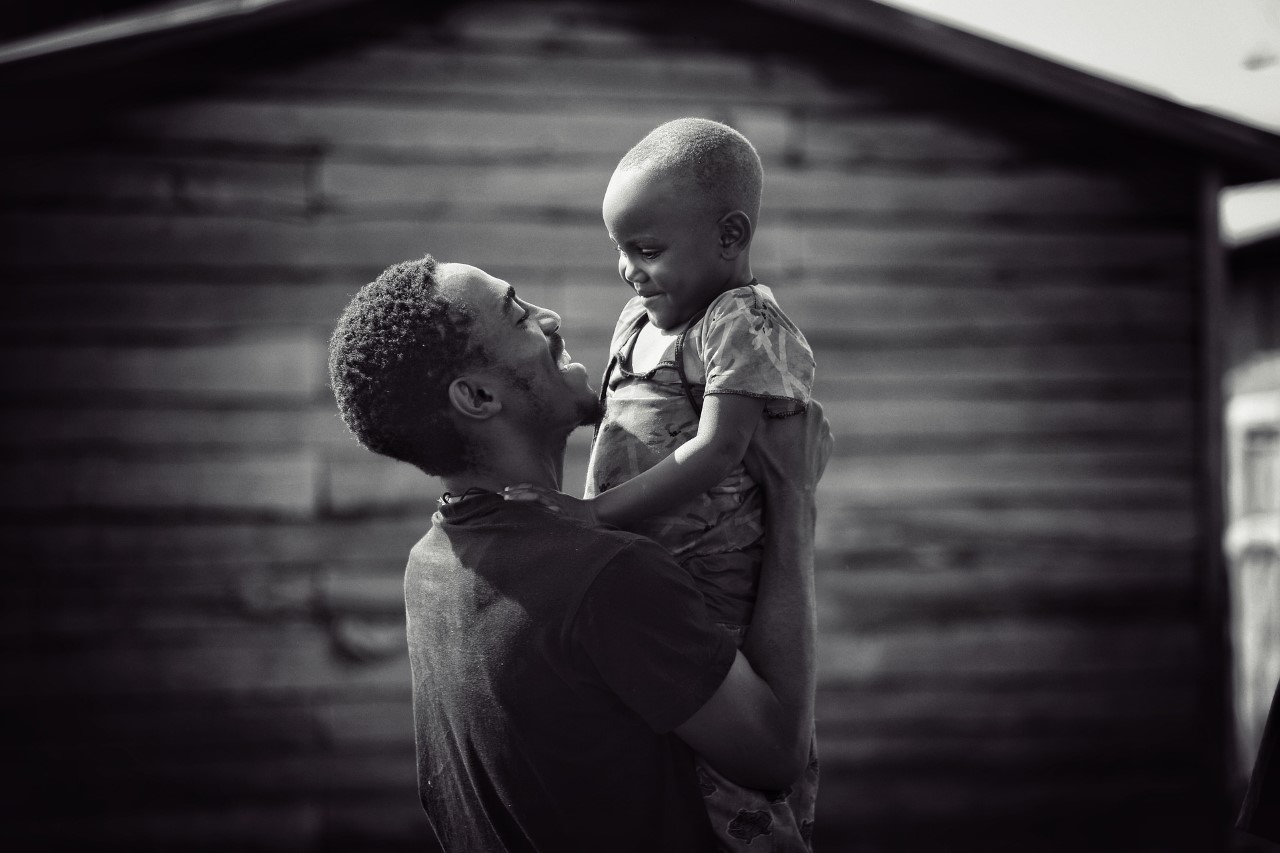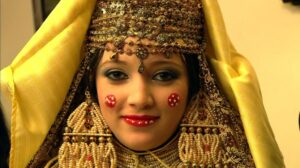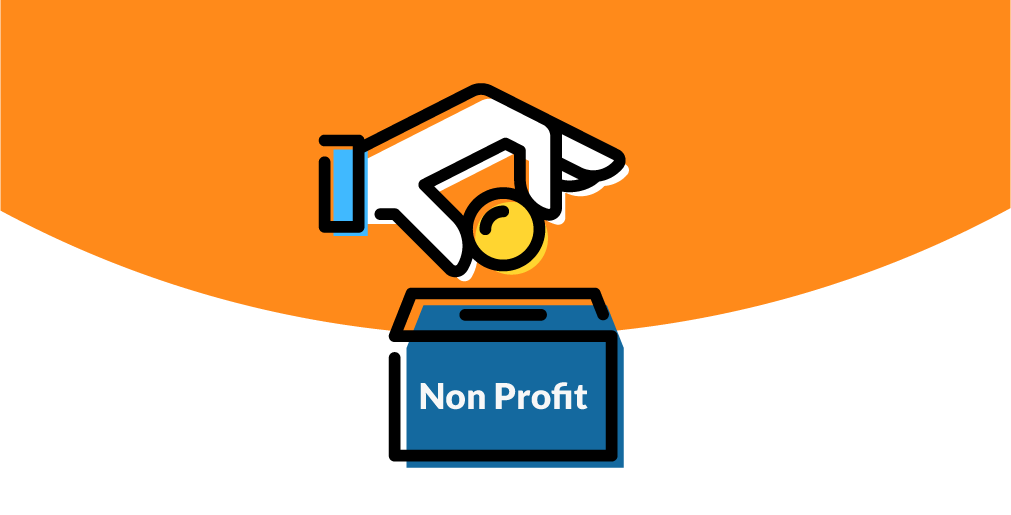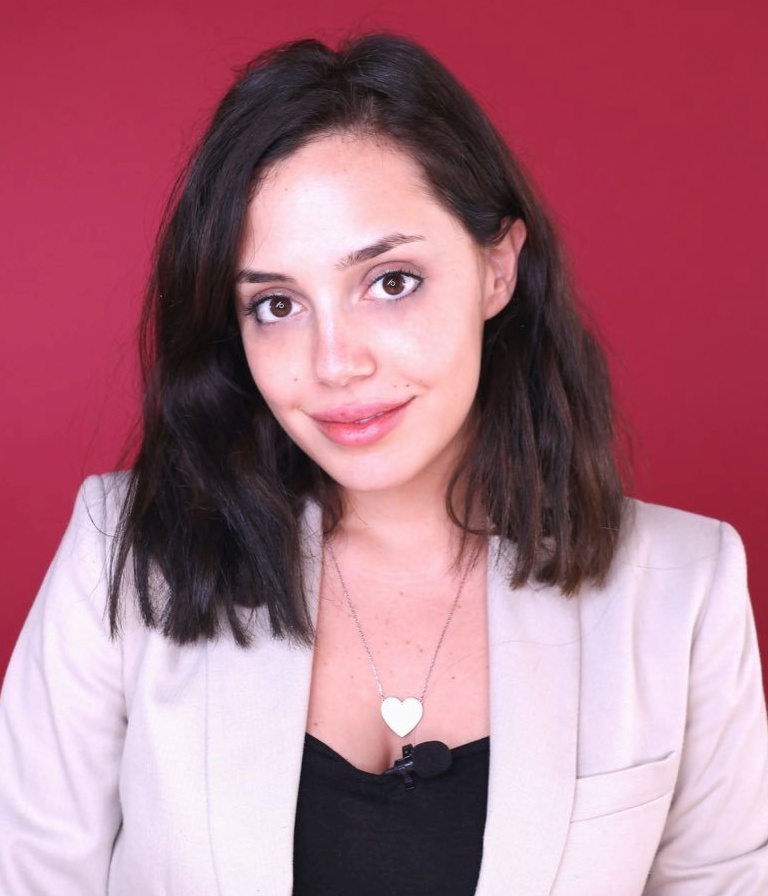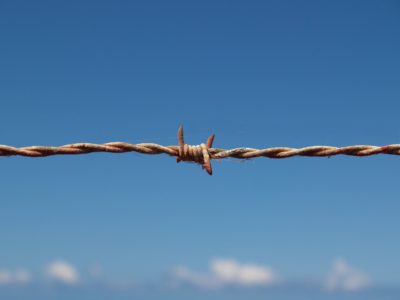 Sharing ideas and good practices is really helpful for social scientists. As I see it, we are all world colleagues, with the same world dreams, who haven’t yet met. Moreover, the covid-19 pandemic made my need to meet and exchange ideas with people and social scientists from all over the world stronger, with the additional aim of sharing our heavy feelings from the field and working during a lockdown. This is why I am sharing a piece of my work with you!
Sharing ideas and good practices is really helpful for social scientists. As I see it, we are all world colleagues, with the same world dreams, who haven’t yet met. Moreover, the covid-19 pandemic made my need to meet and exchange ideas with people and social scientists from all over the world stronger, with the additional aim of sharing our heavy feelings from the field and working during a lockdown. This is why I am sharing a piece of my work with you!
So, my name is Antigoni Alexiou and I am a Social Worker-Social Work Manager in ARSIS N.G.O.– Association for the Social Support of Youth. My professional experience is based on providing psychosocial support to asylum seekers, refugees and migrants that have faced torture, violence and abuse and my field work aims to connect the theory of community social work to groups, art and a systemic approach.
During the “DIAPLOUS” project, funded under the “Asylum and Migration” Program, part of the EEA/Norway Grants 2014-2021 in collaboration with Human Rights 360 and SOL Consulting S.A., in which we support single asylum seeker women, single mothers and their children and provide accommodation, I designed and implemented “
The meaning of Home”, an experiential-psychosocial activity. The main purpose of every activity is to develop a community-based way of thinking, boost empathy and share through everyday life experiences and intercultural education. Its theoretical basis is the social work in groups with experiential tools, social work within the community, arts and crafts connected to playing and open dialogue.
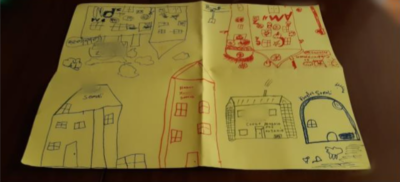
The activity took place in a symbolic context, during a house visit to the women’s apartments because of the lockdown measures. It was based on a circular dialogue between single women and single mothers with their children. Specifically, the participants introduced themselves and shared details about their story that they feel comfortable with, expressing their ideas to the group on the meaning of the word “home” as a symbol. It is important to note that all had experienced staying in a number of different houses within a brief period of time. The reason for this was lack of accommodation during their time in Greece, as a result of which they had experienced the asylum seeker’s hardships, which they had the opportunity to draw.
All beneficiaries, women and children, mentioned at least once the words love, security and family. One young asylum seeker woman, who is alone in Greece, said “to me home is family. I don’t live with my family anymore but by myself. So, home to me is where I am!” For all single mothers “home” is the place where their children are. For a young student, “home” is where a person can listen to his/her favorite music, while for her 8-year-old brother “home” is the place where somebody returns after he/she finishes playing. Everybody stated that “home” is about love, freedom, relaxing and happy moments. A beneficiary said that “it is fundamental to have a home… we were looking for it for so long.” In the end, all agreed that although they are so different and live in a foreign country, they have an essential common point, they share their home.
The activity aims at individual and collective empowerment, to strengthen team spirit and collaboration within the house, and to providing relief from the stressful everyday life of asylum seekers. Fourteen beneficiaries from different countries and different languages and religious beliefs participated in this activity. From their words, it seems that community social work and psychosocial support in groups for vulnerable people contributes significantly to safe-guarding the basic human right to housing and the sense of security and belonging.
Social workers are very much aware that besides each individual’s characteristics, there is a huge impact from the social, political, economic systems. We need to be active for the people we serve, not only from our offices but sometimes beyond them!
 Sharing ideas and good practices is really helpful for social scientists. As I see it, we are all world colleagues, with the same world dreams, who haven’t yet met. Moreover, the covid-19 pandemic made my need to meet and exchange ideas with people and social scientists from all over the world stronger, with the additional aim of sharing our heavy feelings from the field and working during a lockdown. This is why I am sharing a piece of my work with you!
Sharing ideas and good practices is really helpful for social scientists. As I see it, we are all world colleagues, with the same world dreams, who haven’t yet met. Moreover, the covid-19 pandemic made my need to meet and exchange ideas with people and social scientists from all over the world stronger, with the additional aim of sharing our heavy feelings from the field and working during a lockdown. This is why I am sharing a piece of my work with you!
